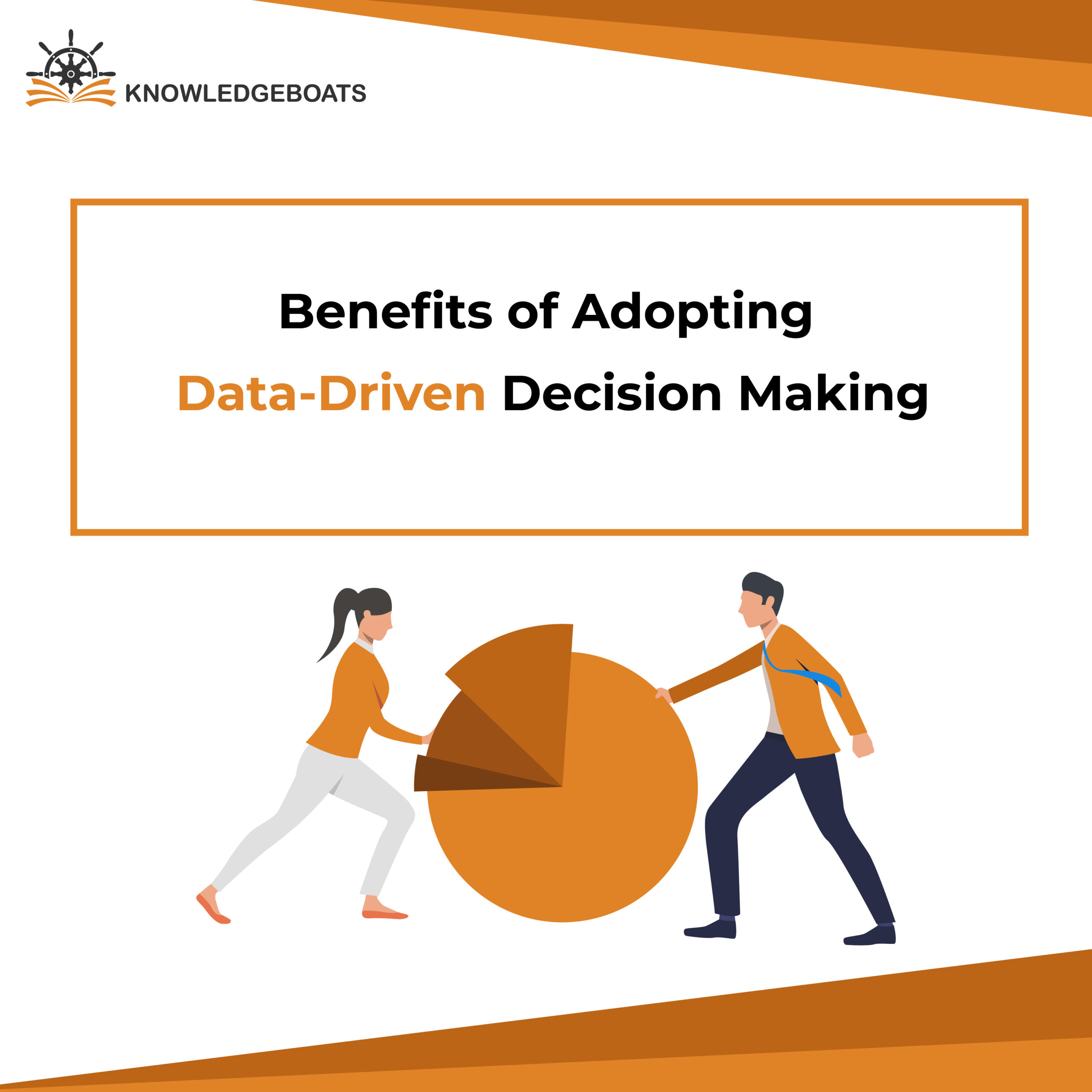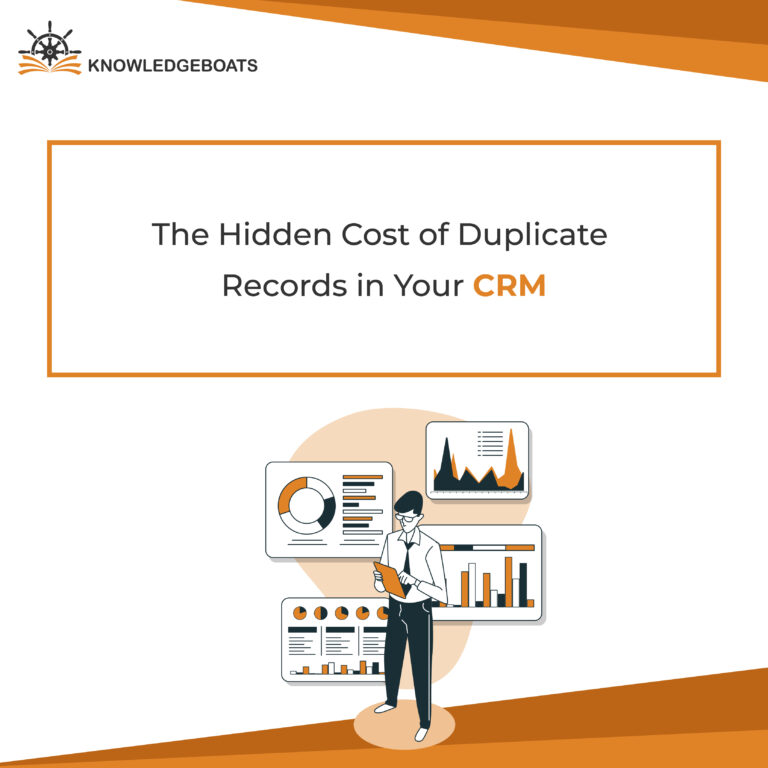
With the latest growth and advancements in modern technology, data-driven decision-making is employed across different industries. It is a method that ensures that decisions taken within the organization are not based on personal observation or instinct but backed by multiple sources.
So, in this blog, we will discover how data-driven decision-making in business is applied in different fields and the benefits of it.
What is Data-Driven Decision Making?
Data-driven decision-making is analyzing and interpreting data to make crucial business decisions. Data-driven decision-making is not just about browsing through website analytics and sales data. It includes preparing a systematic approach to data collection, evaluating and implementing data-driven decisions, and investing in quality tools and skills to facilitate this method.
Examples of Data-Driven Decision Making
Extensive and successful companies currently leverage data to benefit while taking impact decisions. Companies should include data analytics in the decision-making process and determine the success stories of popular businesses.
Real Estate Decision at Starbucks
When hundreds of Starbucks closed in 2008 then, the company CEO Howard Schultz promised that the company should opt for analytical methods to identify future locations for the store. Starbucks is partnered with a Location Analytics Company that uses demographics and traffic patterns to decide on an ideal place. The company uses this data to evaluate the success of specific locations before deciding about new investments.
Leadership Development At Google
Google has a strong focus on “people analytics.” As part of Project Oxygen, one of their well-known initiatives in people analytics, Google analyzed data from over 10,000 performance reviews and compared it with the retention rates of employees. Google analyzed the data to determine common behaviors among high-performing managers and then created training programs to help develop these skills. The median favorability score for managers increased from 83% to 88 %.
Why is Data-Driven Decision Making Important?
Data-driven decision-making is crucial and better in another context of decision-making because it ensures that decisions depend on logic, reasoning and support by numerical evidence. But, without leveraging data to inform decisions, the decision makers risk being subconsciously influenced by elements like bias, external stimuli like opinions or other acting predictions, instinct or theory.
Benefits of Decision Making
The business organization using data decision-making software will feel massive advantages. So, some of the leading benefits of data-driven decision-making are:
Quick Decision-Making Process
A precise analytical insight enables businesses to solve various issues. Data-driven decision-making often requires firms to extract their data to gain predictive and prescriptive insight. When companies take decisions based on data or facts, the speed of decision-making will automatically increase. With the evaluation of real-time data and past data structure, the decisions making will not only become quick but reliable and boost the confidence of the business.
Enhanced Efficiency and Complete Performance
Your business will be more successful if you can access valuable information for making decisions. This will allow a company to experience continuous improvement in most of its business operations. These improvements include increased efficiency and performance. With valuable data, you can identify patterns. Information gathered from the data can be used to increase efficiency. Every business must adopt a data-driven approach to decision-making. The majority of decisions will be based on facts.
Transparency and Accountability
Transparency in the workplace is improved by data-driven decision-making and clear, concrete goals. This is especially true when all data are considered without bias and results are measured accordingly. A company-wide approach focusing on data helps employees better understand data backups and encourage them to make data-driven decisions in their daily work. The organization can then better manages risks, improve performance, and boost employee morale.
Challenges of Data-Driven Decision Making
Besides its advantages, data-driven decision-making comes with its challenges.
Lack of Recommendations
Choosing the best course of action can be confusing when there are too many data points and insights. The inability to select the best option can lead to analysis paralysis, which leads to faulty and hasty decisions. To make confident and quick decisions, decision-makers require actionable insights.
Learn to Interpret Data
The two processes of gathering data and interpreting it are different. To ensure quality insights, you must educate your team so that they are aware of both methods. Every employee will be involved in DDDM in some form, so they should all know how to create a data-driven environment.
Low Quality of Collected Data
The goal of data collection is to collect as much information as possible. If the data is not of high quality or does not help to understand any obstacles or problems better, then it could be outdated. Data of high quality is easier to handle and will help you find answers faster.
Conclusion
Data-driven decision-making has many benefits. The Management teams can use this approach to identify areas for improvement. It will also speed up the business process to ensure success. You can predict the future performance of a business using a data-driven strategy.



